Apple Intelligence might surpass Microsoft Copilot
At least in tests.
3 min. read
Published on
Read our disclosure page to find out how can you help Windows Report sustain the editorial team. Read more
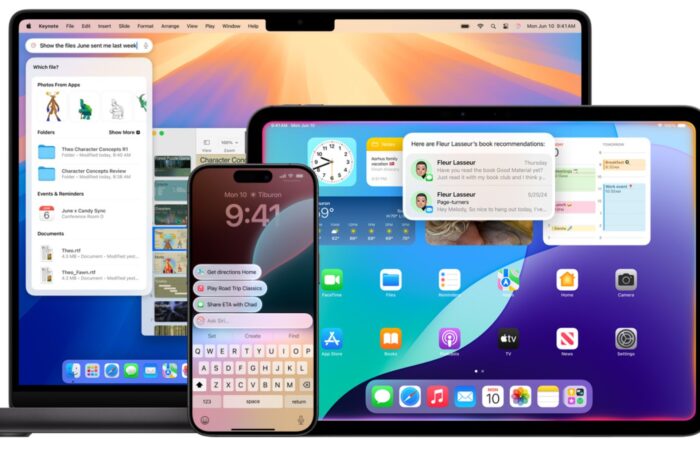
In the bustling world of technology, where the race to innovate never sleeps, Apple and Microsoft are again at the forefront, pushing artificial intelligence’s (AI) boundaries in their latest offerings. Apple’s On-Device model has been making waves, outperforming Microsoft’s Phi-3-mini, while its Server model stands toe-to-toe with the formidable GPT-4 Turbo.
This development isn’t just a win for Apple; it’s a giant leap forward for consumers and tech enthusiasts, promising more intuitive user experiences and a broader range of AI-powered tools.
April of this year saw Microsoft announce its Phi-3 family of small language models (SLMs), with the Phi-3-mini shining as a beacon of efficiency and capability.
Meanwhile, Apple, not to be outdone, unveiled Apple Intelligence at WWDC 2024. It is powered by multiple generative models, both on-device and server-based, showcasing a commitment to hybrid AI solutions that balance power and efficiency.
But what does this mean for you and me? For starters, Apple’s models are impressively swift and preferred by human graders, indicating that smaller, more efficient models can rival their larger counterparts in certain applications.
This is exciting news, as it suggests a future where powerful, personalized AI experiences are integrated seamlessly into our devices and workflows.
Now, let’s talk about the AI upgrade cycle. With every tech company racing to add AI features to their latest devices, one can’t help but wonder, is it worth upgrading your iPhone for Apple Intelligence? The answer might not be straightforward.
While AI has quickly become a key selling point for new devices, the rush toward AI integration is happening rapidly, perhaps even before the technology has fully proven its usefulness.
For those eager to experience Apple Intelligence, you’ll need one of Apple’s latest iPhone models, which might be disappointing for users of slightly older devices.
However, iPad and Mac users are in luck, as any device running on an M1 chip or newer will be compatible with Apple Intelligence. Apple’s move to gate some of its best new AI software features to specific hardware is not unique in the tech industry but does raise questions about the necessity and timing of upgrades.
Despite these considerations, the allure of new AI features, like creating “memory movies” from your photos with a simple text prompt, is undeniable.
The integration of AI into everyday technology is set to redefine our digital interactions, making tasks more intuitive and personalized. Whether it’s navigating your device, managing notifications, or rewriting text, AI tools are poised to significantly enhance the day-to-day use of your iPhone.
In summary, as Apple and Microsoft continue to innovate and integrate AI into their products, the future of technology looks increasingly promising. With advancements like Apple’s On-Device model and the broader adoption of AI-powered tools, we’re on the cusp of a new era where technology understands our needs and anticipates them, making our digital lives more connected and intuitive than ever.
So, whether you’re a tech enthusiast, a casual consumer, or somewhere in between, the ongoing developments in AI are something to watch closely, as they’re sure to impact how we interact with the digital world around us.
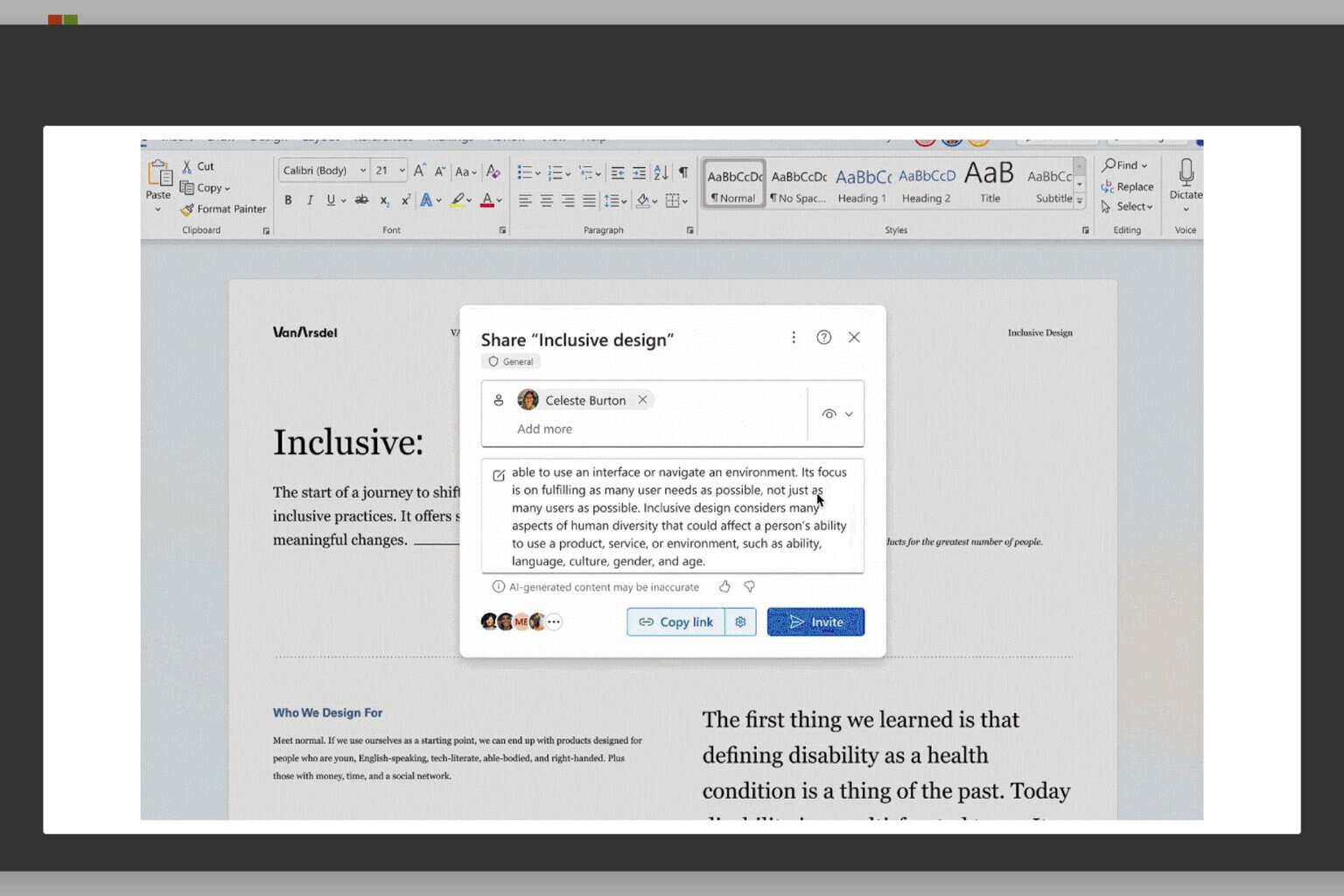
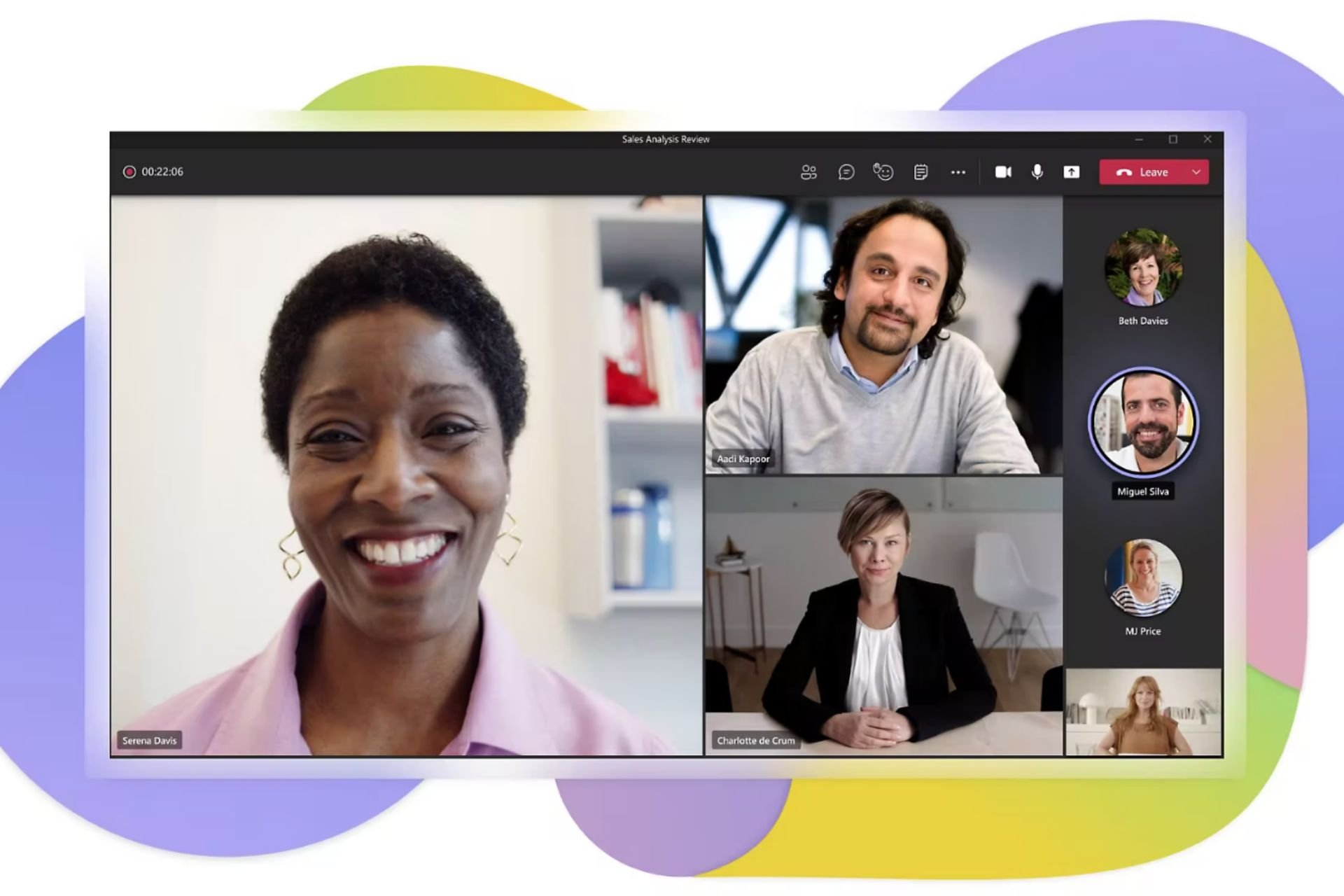



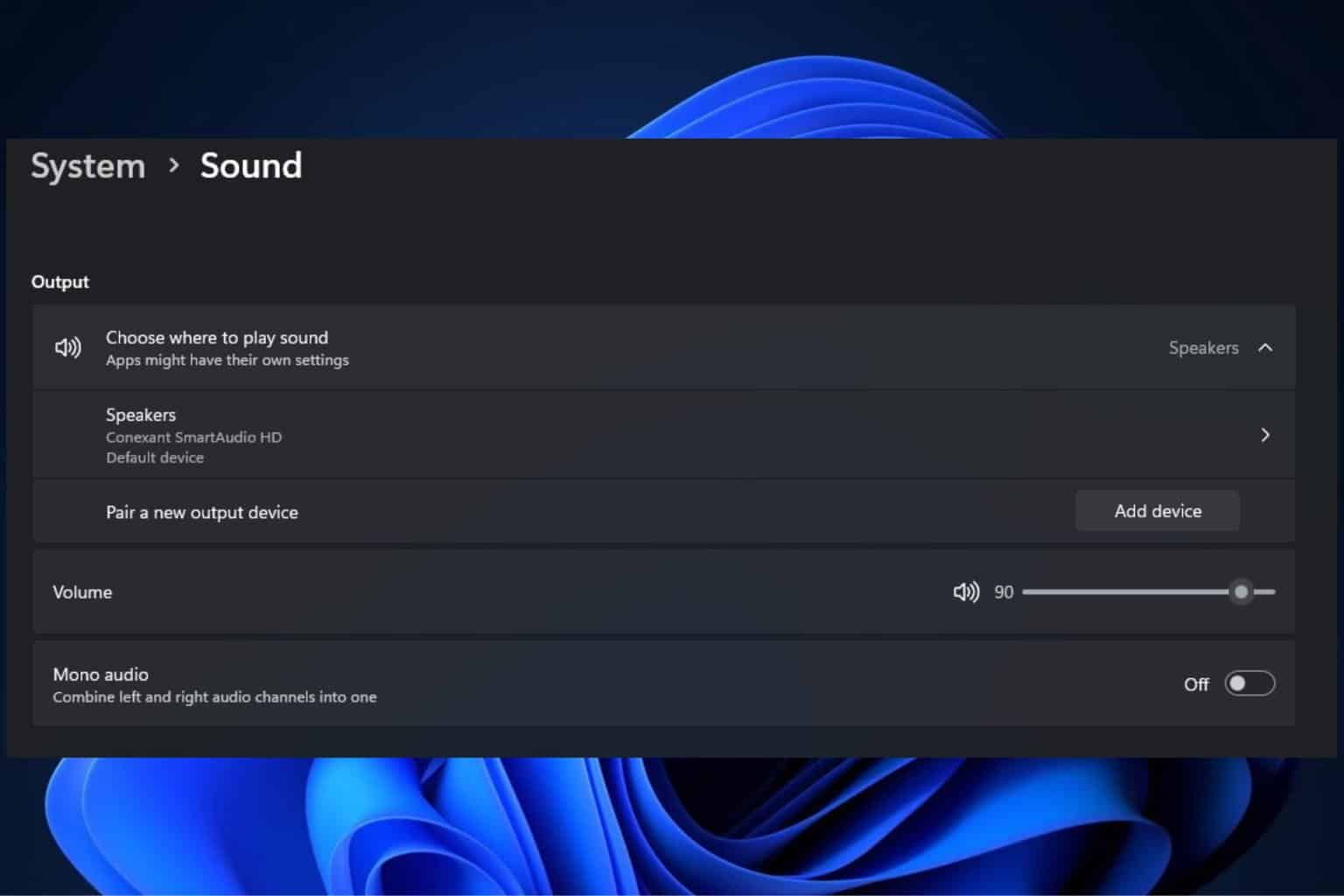

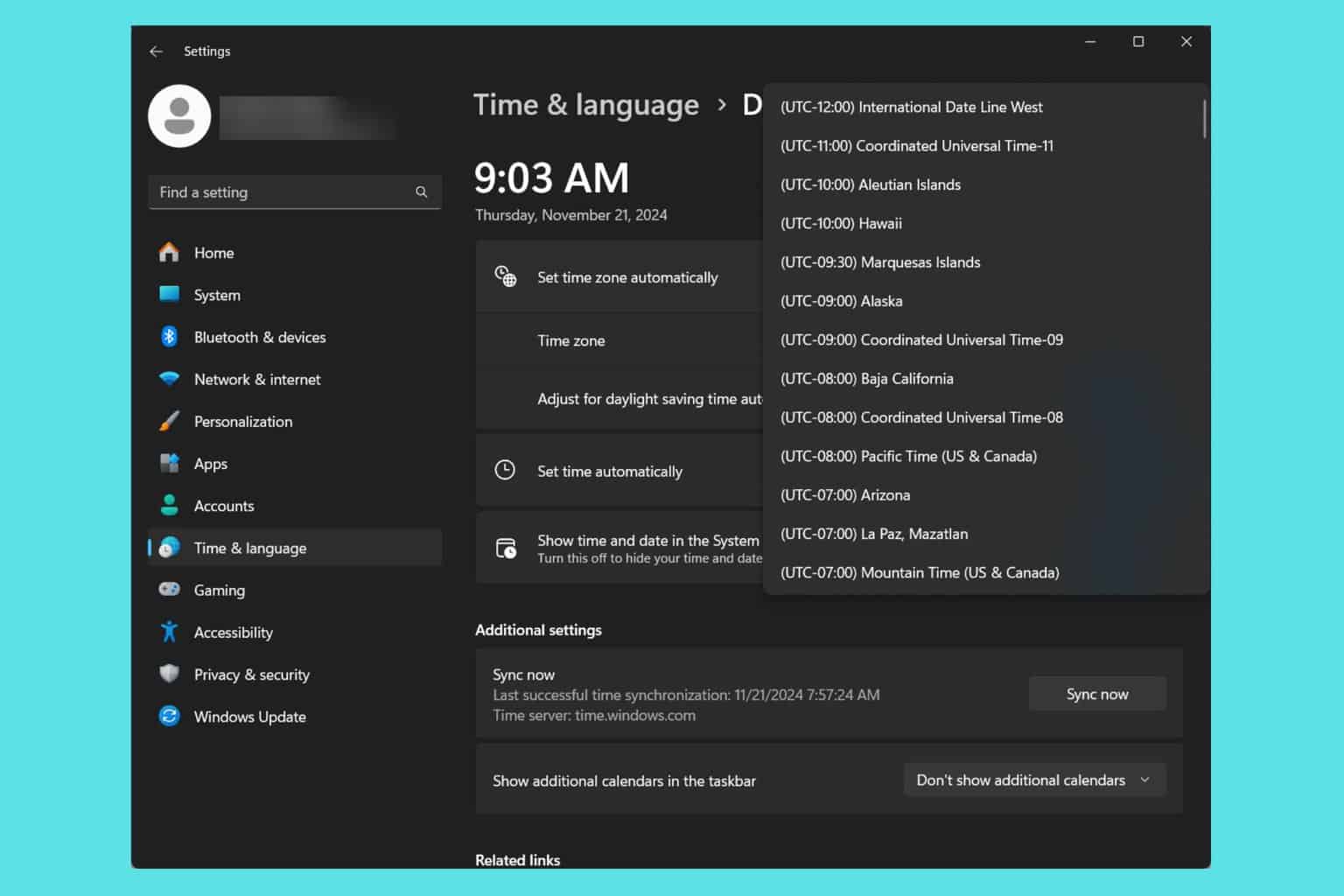
User forum
0 messages